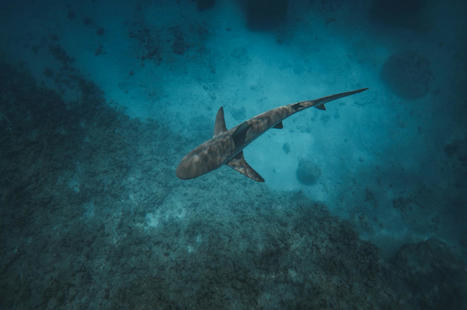L'Assemblée de la Province des Îles Loyauté a adopté, jeudi 29 juin 2023, une délibération sur les espèces protégées à laquelle les chercheurs de l’IRD ont largement contribué. La catégorie des entités naturelles sujets de droit (ENJ) a ainsi été créée comme catégorie la plus élevée dans sa nomenclature des espèces et espaces naturels protégés. Les requins et les tortues sont les premiers bénéficiaires de ce nouveau statut.
Research and publish the best content.
Get Started for FREE
Sign up with Facebook Sign up with X
I don't have a Facebook or a X account
Already have an account: Login
Revue de presse et du net par le Pôle de partage des connaissances S&T de l'Office français de la biodiversité
Curated by
DocBiodiv
 Your new post is loading... Your new post is loading...
 Your new post is loading... Your new post is loading...
|
|







![[Biodiversité, des clés pour agir] Parution du numéro 4 et son dossier "Insectes pollinisateurs : enrayer le déclin" | Biodiversité | Scoop.it](https://img.scoop.it/yZ2f6ArQuVESTseXA-OXhzl72eJkfbmt4t8yenImKBVvK0kTmF0xjctABnaLJIm9)





En avoir plus sur SENS, le portail internet de l’Unité Mixte de Recherche – Savoirs, ENvironnement, Sociétés (UMR-SENS) https://umr-sens.fr/